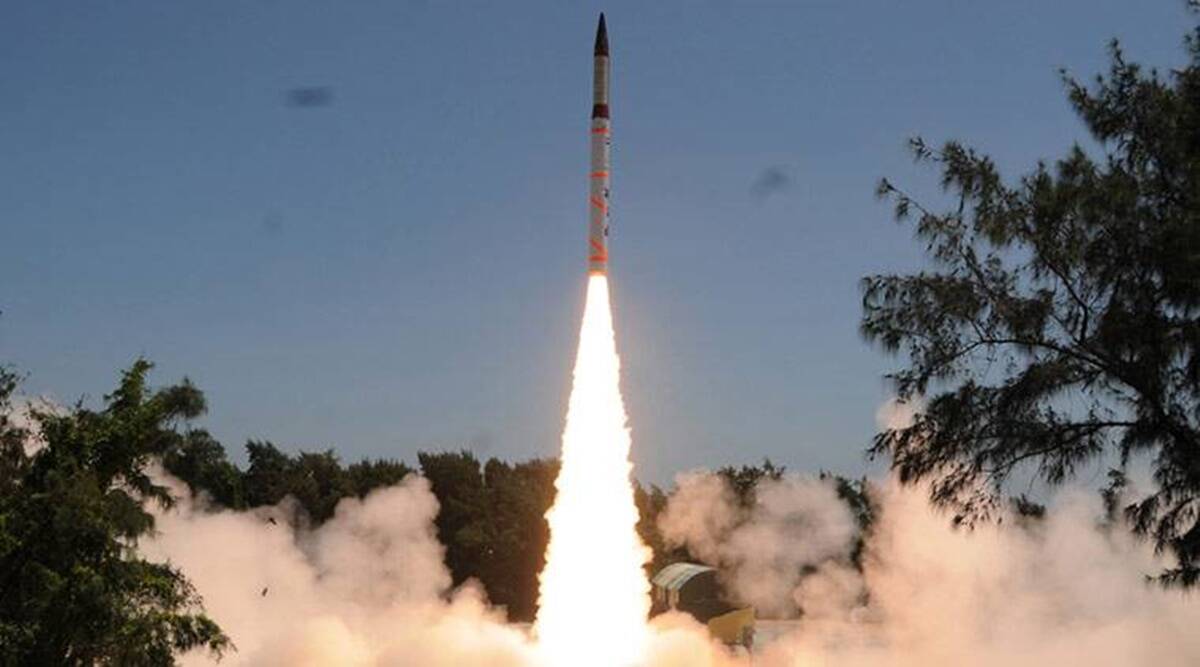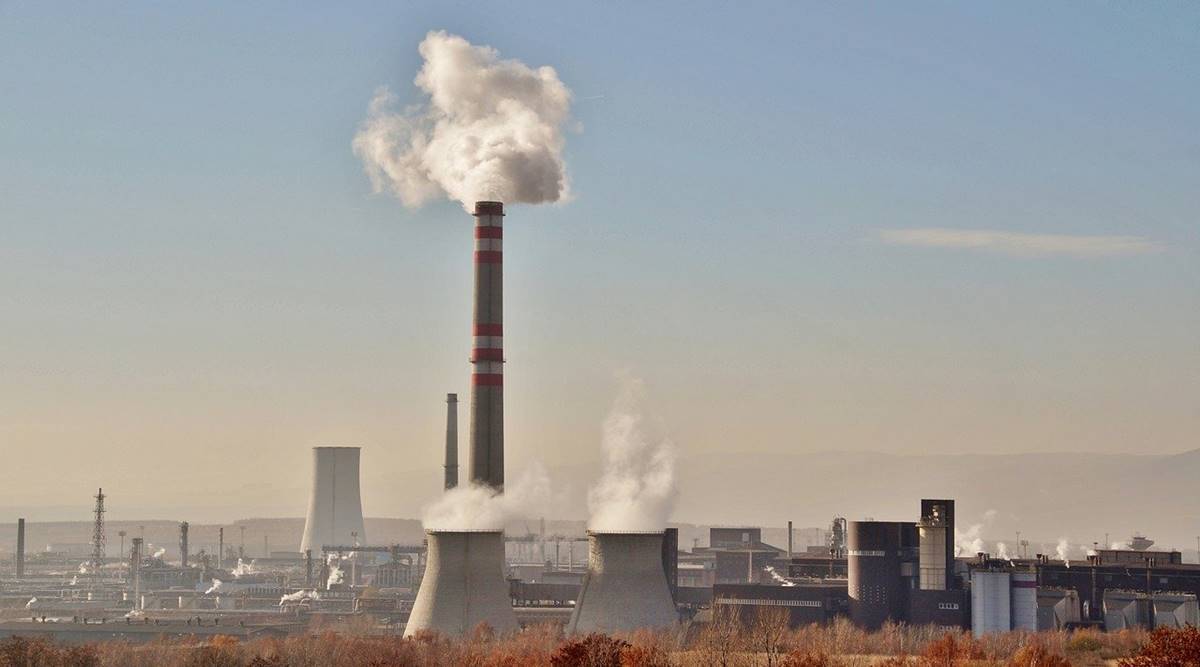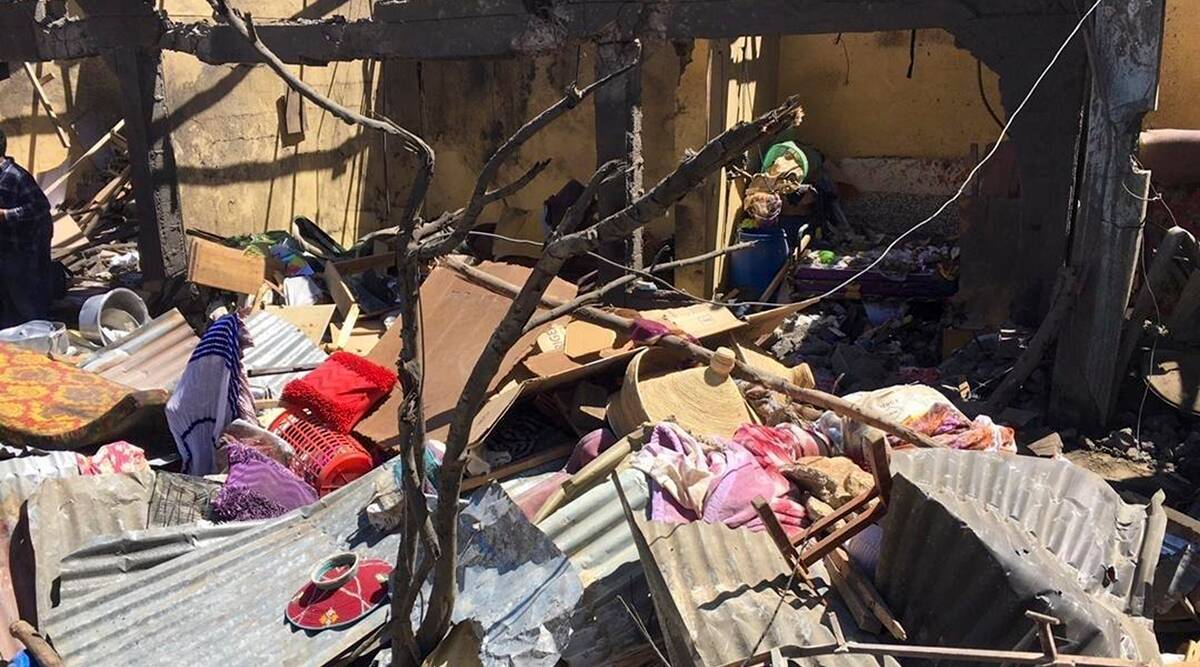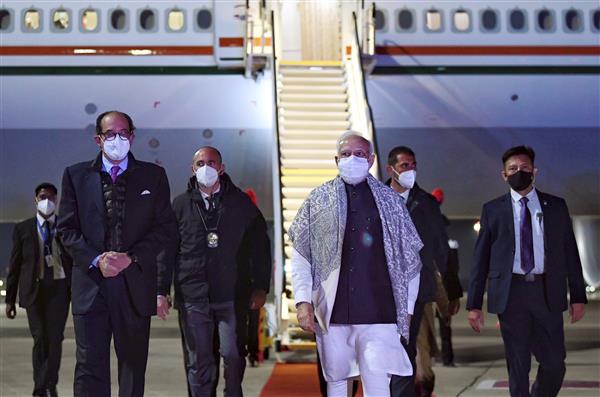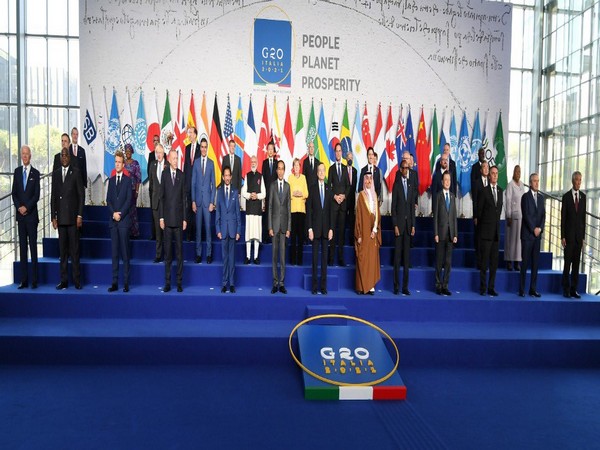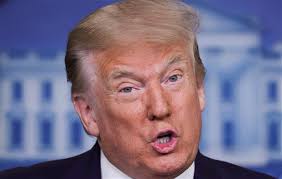
07/26/2024
New Delhi, July 26: To create legroom for signing free trade agreements (FTAs) with developed nations such as the UK and European Union, the Union Budget 2024 has introduced amendments in the Customs Act, liberalising compliance with value-addition norms that typically guard against misuse of concessions agreed in a trade pact.
Value addition norms guided by ‘rules of origin’ assume special significance at a time when India is signing a slew of FTAs. Rules of origin are the criteria needed to determine the national source of a product. While trade agreements help boost trade volumes with partner countries, it often risks a third country benefiting from the concessions resulting in a loss of revenue if rules of origin are breached. The government on Tuesday amended Section 28DA of the Customs Act, 1962 substituting ‘certificate’ of origin with ‘proof’ of origin. The fine prints of the Budget defined “Proof of origin” as a “certificate” or “declaration” in accordance with a trade pact.
Tax experts explained that the amended Customs Act now enables the acceptance of “proof” of origin (if India decided so in an agreement) which is a wider term that includes a certificate of origin as well as a self-declaration in line with global Customs norms. However, they also expressed concerns over the implementation as allowing self-certification could result in a breach and require a high degree of integrity in the exporting country without which India could lose Customs revenue.
‘Amendments to impact future FTAs’
Former Chairman of Central Board of Indirect Taxes & Customs (CBIC) S Ramesh explained that the amendments in the Customs Act would affect future trade agreements including the one signed with the European Free Trade Association (EFTA) which has a provision allowing self-certification that can be activated in the future. Notably, China is Switzerland’s third-biggest trading partner after the US and the European Union. Switzerland is a member of EFTA. The two countries signed FTA in 2013. Earlier this year, China and Switzerland signed a joint declaration agreeing to deepen their partnership.
“The developed countries have good tracking systems, and the self-certification mode has already come into play in those countries for the FTAs they sign. India is still insisting on authority to sign a certificate of origin, because we had a bad experience of goods being diverted from China and other countries through Indonesia and Vietnam among others,” Ramesh, former CBIC Chairman and current MD, Price Waterhouse & Co LLP said.
The amendments came ahead of British Foreign Secretary David Lammy’s two-day visit to India to galvanise negotiations for the India-UK FTA. Lammy began his visit on Wednesday. Moreover, India is also set to resume talks with the EU after a pause during the general elections.
While the amendments give Indian trade negotiators a choice as to which geography they wish to allow self-certification by foreign exporters, India has seen various instances of breaches in rules of origin.
A report by the think tank Global Trade Research Initiative (GTRI) said that a nearly 60 times jump in silver imports during the last financial year from the United Arab Emirates (UAE) is unusual since the West Asian country does not produce silver and the import jump may be indicative of a breach in rule of origin finalised by India and UAE under the FTA.
In fact, India introduced stringent rules of origin verification norms, CAROTAR, in 2020 after the Ministry of Commerce and Industry said it had found “few instances of re-routing of goods through the countries” with which India has FTAs. Several Southeast Asian countries such as Thailand subsequently raised concerns against CAROTAR norms in the India- ASEAN FTA review.
Despite stringent rule of origin norms, the India-ASEAN trade gap in FY23 surged to $43.57 billion in favour of bloc countries, growing sharply by over 40 per cent compared to $25.75 billion in FY22. “Circumvention of rules of origin has been happening regularly and enforcement of rules of origin and even the CAROTAR has been a problem. Such is the nature of integration and supply chain that it requires a robust Customs administration to do the due diligence. And the problem is that you get caught between ease of doing business and regulating trade,” Biswajit Dhar, Professor of Economics at JNU said.-Agencies
